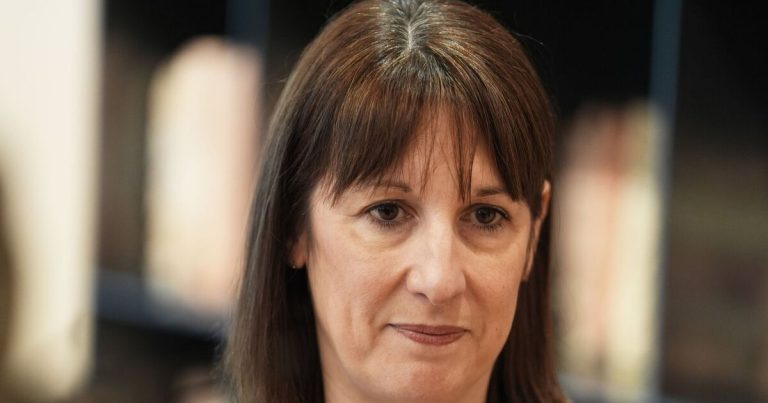
Historic tax loopholes aimed at helping people reduce their inheritance tax (IHT) liabilities, could in fact cost people thousands, experts warn.
Tax law experts are calling for families with home loan schemes to “cut their losses” and “urgently” consider unwinding the complex trust set up, to get a tax refund and save their family thousands in double tax payments.
Experts explained that many families were persuaded into setting up elaborate trust structures with the aim of reducing their inheritance tax bills.
However, since pre-owned asset tax (POAT) came into force, what started as a tax-saving measure, turned into the regular payment of considerable income tax bills.
Plus, the inheritance tax position is still worse if the scheme is kept in place, rather than unwinding it.
Tax lawyers at law firm, Shakespeare Martineau explained the home loan schemes involved individuals (typically the parents) selling their house to one trust (“the house trust”) in return for an “IOU”. They then gifted the benefit of the IOU to a second trust (the debt trust”).
The parents were beneficiaries of the house trust which meant they were able to live there rent-free and, whilst the contents of the house trust technically fall into their estates for IHT purposes, the house trust only had nominal value due to the debt owed to the debt trust.
However, many families are warned they are sitting on a “ticking tax time bomb,” as POAT means people could be charged if they are living in a property that is part of a home loan scheme.
Rather than an inheritance tax, POAT is an income tax charge, which is calculated on the market rental value for the property.
With the rise in property rental prices, this means that some people could be regularly paying significant annual personal income tax bills, plus they’ll still have to pay IHT on your estate.
Julia Rosenbloom, tax partner at law firm, Shakespeare Martineau, said: “We are seeing more and more people fall foul of POAT charges and increased IHT liabilities as a result of having taken part in a home loan scheme. Tax schemes which they thought would save them money have ended up costing significant amounts in the long run.
“POAT charges can be considerable and it’s an extremely complicated field to navigate.”
POAT charges have been the focus of the Government and HMRC too, with cases brought before the courts, where people have claimed IHT relief when they have been paying POAT charges.
However, HMRC is being proactive in encouraging people to unwind their trust-based home loan schemes, allowing people to reclaim their POAT charges if they do so.
Ms Rosenbloom, continued: “A huge number of people will have been paying POAT charges over the years and the best bit of advice for anyone in this situation is to urgently start unpicking their schemes now.
“If you keep the structure in place, it will almost certainly be a nightmare to deal with for beneficiaries on death. Quirks with the way IHT is calculated mean that you’ll end up paying more in the long run.
“However, unpicking these schemes is easier said than done and breaking them down can lead to a lot of other issues around stamp duty, capital gains tax and income tax. Unwinding them needs care and the best advice really is to talk to an expert.
“Just to be clear, POAT charges aren’t only felt by the extremely wealthy. In the past, home loan schemes were targeted at the middle classes and at a time where the cost-of-living crisis is squeezing many families, saving money now and in the long run is extremely important.”







